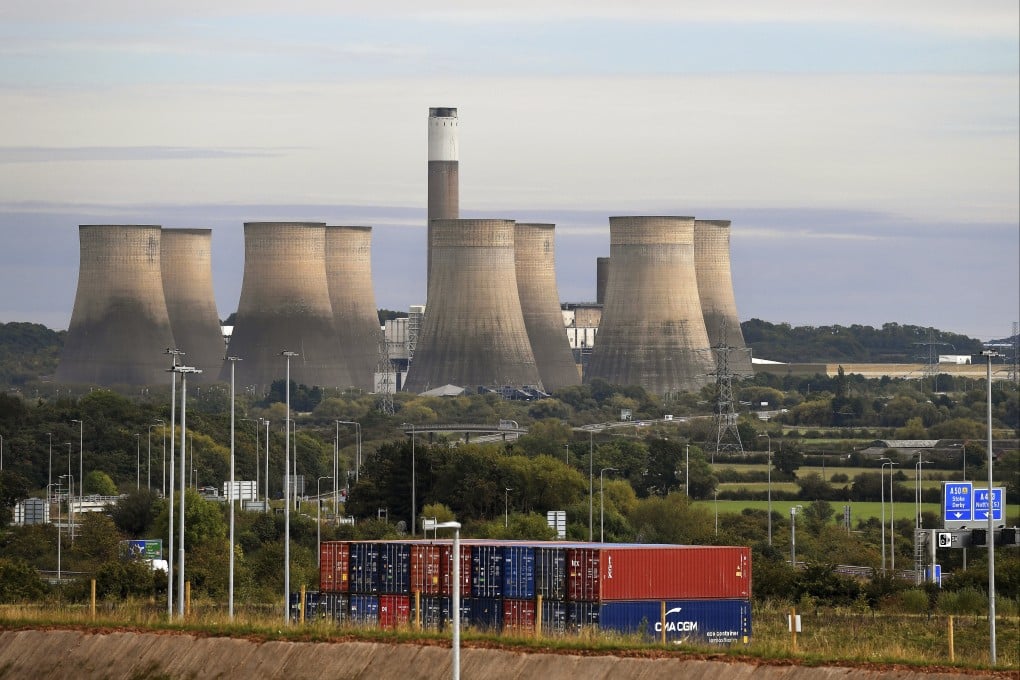My Take | Heavy price of coal will continue to be paid by world for while yet
Rich, but tragic, vein of fossil fuel runs through a great grandfather in the mines of Yorkshire, China colliery death traps and closure of UK plant

Britain shut its last coal-fired power plant at Ratcliffe-on-Soar at the end of September, a fossil-fuel bookend for the cradle of the industrial revolution.
Since September 30, coal has played no part in producing electricity in a country where the Holborn Viaduct power station – built by Thomas Edison’s electric light company – first began burning it to light up the City of London in 1882. Queen Victoria was the long-reigning monarch, and at the time coal fuelled the vessels that allowed the Royal Navy to secure trade routes around the world.
And so it was fitting that the first nation to burn fossil fuel to generate electricity became the first Group of Seven economy to phase it out, a welcome milestone on the way to shifting all of Britain to renewable energy sources by 2030.
The news reminded me of my own, perhaps uncommon, connection with coal. My great-grandfather was a Yorkshire miner. He first went down the mines at age 11 and was tramming coal cars at Barnsley’s Higham mine at the end of the 19th century. A law barring children under 13 from working under ground in mines would only be enacted in 1900.
In 1912, he emigrated to the United States to work in the mines in Carbon County, Utah. Family letters tell of relatives killed or injured in accidents. One explosion killed great-grandad’s brother, a mine inspector. He later did work for the city and railway, cultivated a lovely English garden in Brigham City, and lived to nearly 90.
Reflecting on Ratcliffe-on-Soar and its coal legacy stirred memories. Growing up in West Germany in the 1970s, I watched coal trucks pull up to our apartment buildings and exhale a river of black rock down conveyor belts into cellars that housed the furnaces. In December each year we put our shoes outside the door for St Nikolaus, who would bring a gift for children who were good. The bad ones got switches – or a lump of coal.
As a foreign correspondent in China in the 2000s, disasters were headline news, with deadly accidents taking place at small and unsafe mines across the country. Owners and local officials frequently tried to cover up the story. China would eventually close many smaller mines, strengthen safety requirements and encourage more open reporting on colliery disasters.

